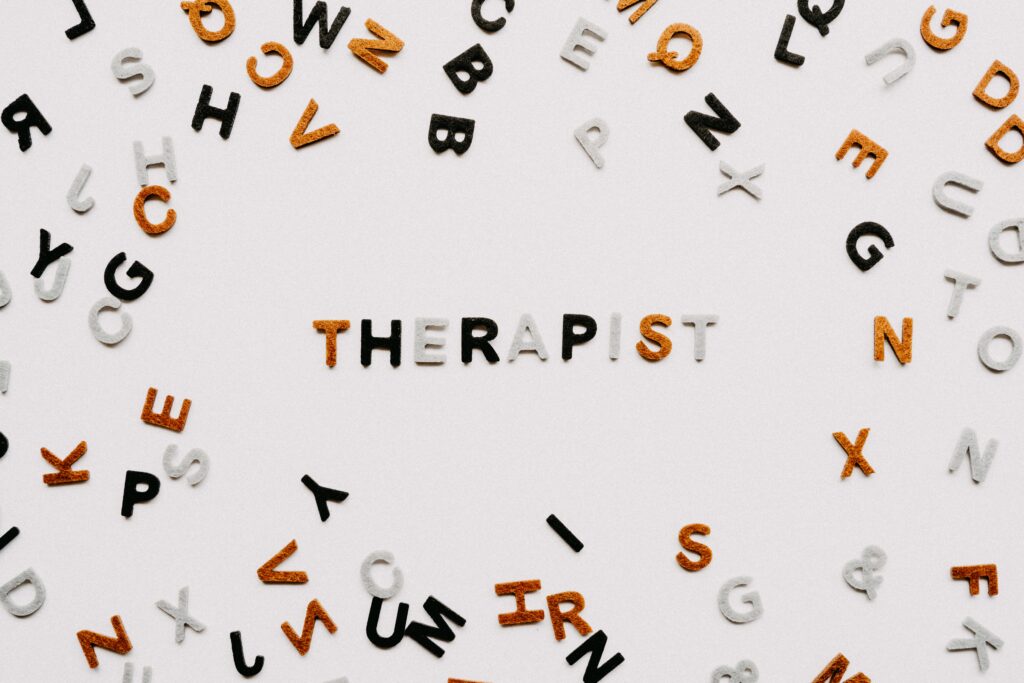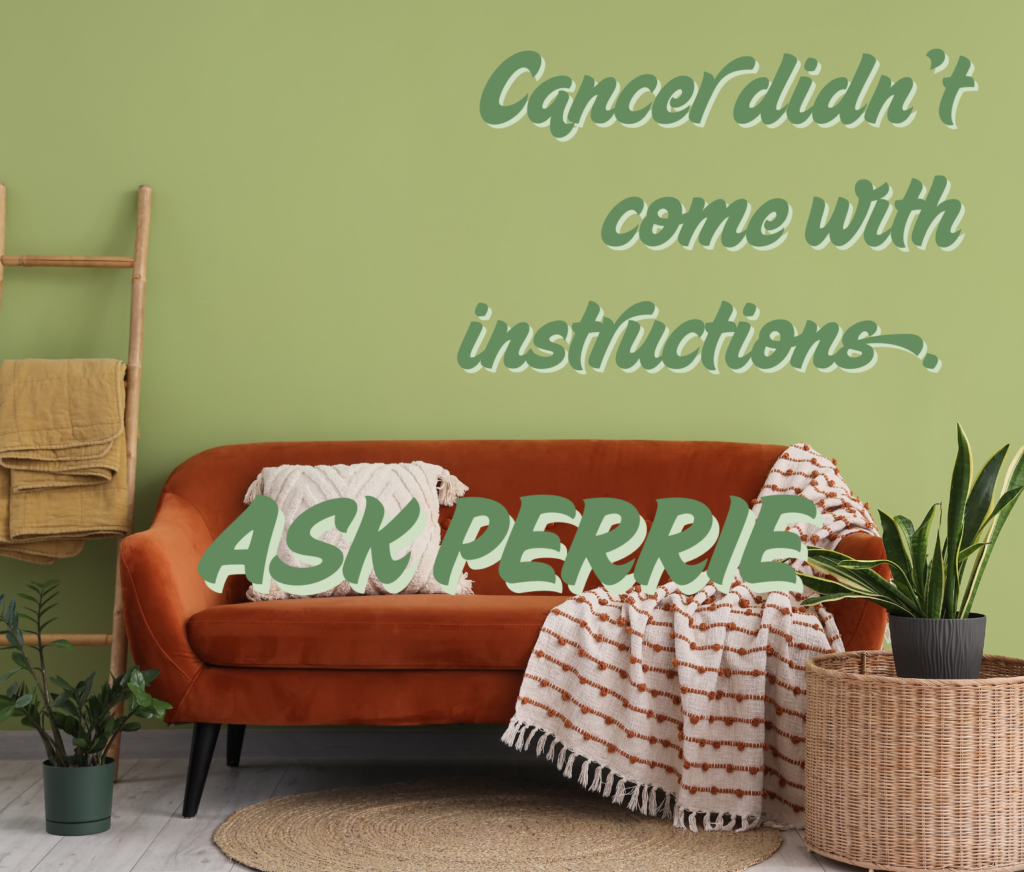This month, I received a special request from Cactus Cancer Society to weigh in on what might be helpful guidance in finding a therapist. First of all, if you’re considering therapy, this is a courageous act! It is also a powerful act of self-love. Yay for you!
Not all therapists are the same. This is a relationship with someone in whom one confides and trusts. Making sure you feel like that person is a good fit for you is vitally important. If you meet with someone, and your wise intuition sends a message that they are not “the one,” pay attention to that. Don’t worry about hurting someone’s feelings. Therapy, after all, is a business, and you are the customer.
We, who are trained as therapists, want you to meet with the person who is a right fit. May I emphasize this again? Keep looking if the fit is not right.
Here are some steps to consider when looking for a therapist:
- If you have insurance, go to that company’s website and see what your coverage is. This should tell you what your copay/responsibility is. You can also see what therapists are listed as accepting that insurance. You may have to noodle around with the “find a provider” function to locate behavioral health options.
- If you want more specific help from your insurance company, contact it and see if it is possible to have a behavioral health case manager assigned to you. This person is meant to be your advocate.
- Psychology Today hosts a wealth of therapist profiles.
- Insert your location and then use the drop down function options to choose your insurance and your issues.
- Here is an example inputting Atlanta, GA, anxiety and Aetna. I have no relationship with Aetna! This is merely for illustration. You will see that you can be more specific (e.g. age, ethnicity).
- If you find someone here you think you might like to know more about, contact them and ask if they offer a 15-20 minute free consultation so that you can learn more. This is also a time to confirm what is listed on their profile, meaning that, for one, they still accept your insurance. You are an explorer at this stage! You are not committing to any one therapist yet.
- Insert your location and then use the drop down function options to choose your insurance and your issues.
- If you need a sliding scale consideration, ask about that up front. A sliding scale means that a therapist may have a certain number of client “slots” where they do not charge full price. Example: full price may be $120 with a sliding scale amount of $90.
- If finances, even with a sliding scale, remain a concern, look for community behavioral health options.
- The National Alliance on Mental Illness is one place; narrow the search to your state/region/city and find out what is available to you.
- If you are in active treatment, ask your healthcare provider team if there is an oncology social worker available to you who offers counseling. These services are often free. The Association of Oncology Social Work may be able to help with this information as well.
- Look for support groups (some are peer-led) that are free. CancerCare, Stupid Cancer, Young Survival Coalition are among a few to consider. All offer outstanding support.
What are some other things to do along the way? Follow someone like Liz Climo on Instagram where her animal characters are loving, supportive and funny with each other. Reach out to one another. Take chances. If the first try is awkward, weird and not received in the way you hoped, keep trying – with someone else who can hold the space with you and you with them.
Feel free to send me an email at fsconsulting2013@gmail.com if you have other considerations and questions. I may not have the immediate answer, and we will brainstorm together!
Cactus Cancer Society is proud to present Write Now with Jean Rowe! Each month, come on over to Young Adult Voices and read everything Jean Rowe, Certified Journal Therapist, has to say!
Love what you’re reading? Check out the many programs Jean is facilitating (including 30 Minute Tune-Up, Lost and Found, Lacuna Loft’s Weekly Journal Prompt, and It’s a Wonderful Life) and sign up to join one today!








